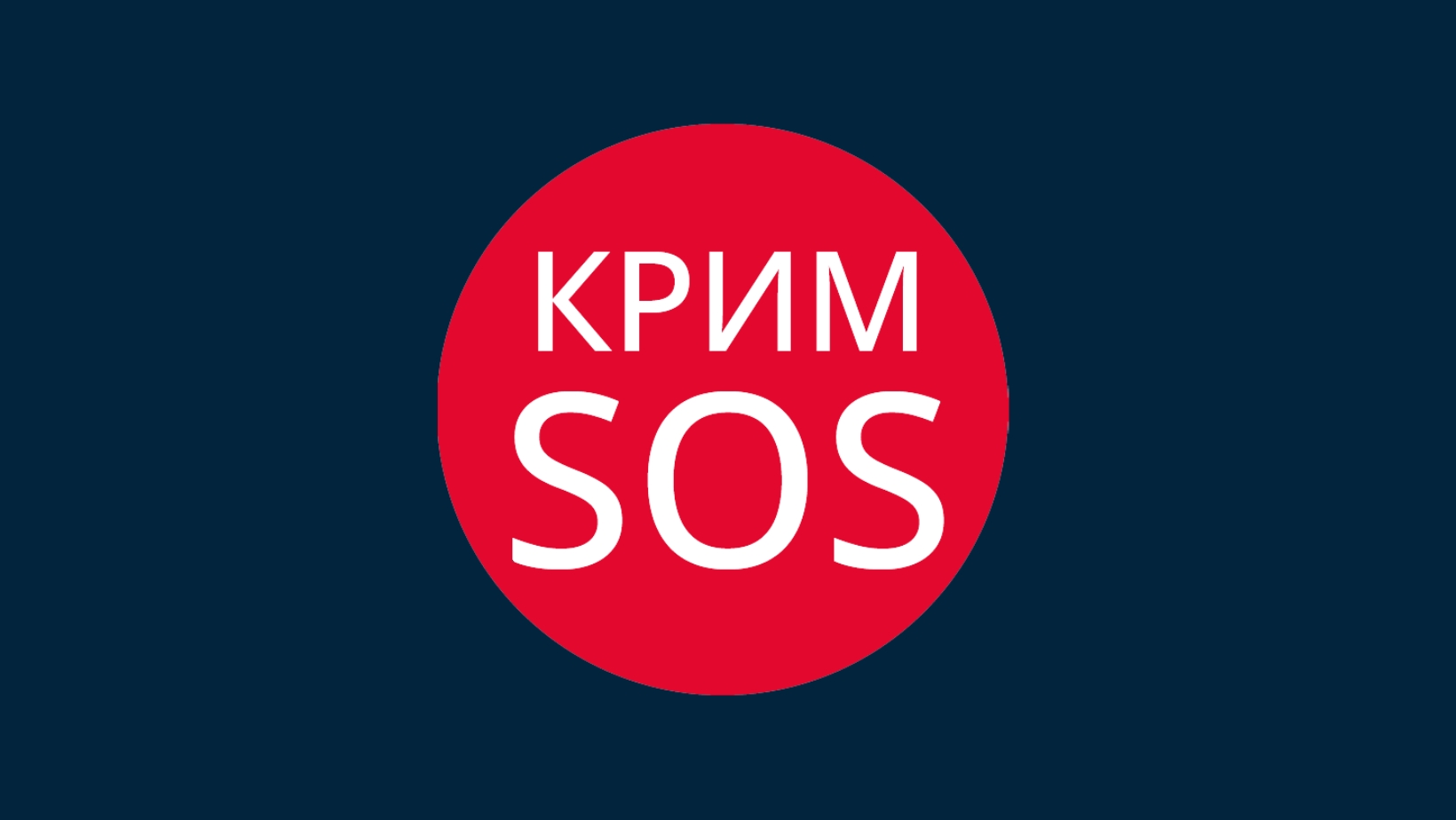CrimeaSOS: how russia suppresses freedom of speech in Crimea and the occupied territories
2 / 11 / 2023
On November 2, the world celebrates the International Day to End Impunity for Crimes against Journalists. Since the beginning of the russian invasion, this problem has been extremely urgent for the occupied territories of Ukraine. Journalists as a source of information that contradicts the information provided by moscow and the occupation administrations, continue to be oppressed and become victims of politically motivated persecution.
Despite this, journalists in the occupied territories of Ukraine continue highlighting russia’s crimes. Thanks to their efforts, the world receives information about the true state of affairs. Crimean journalists who are still on the occupied peninsula, continue doing everything possible to help political prisoners.
“We have been talking about the persecution of people in Crimea for many years. They are not decreasing, so it is difficult not to burn out when you do not see a tangible result. It feels like you’re hitting a wall. But it is not true. Every person whom journalists were able to save from torture in the basement, every political prisoner who was not tortured in prison, is a contribution to the lives of individual people. Thousands of letters are in the colony thanks to stories told by journalists. Maternal hearts that strengthen and inspire these publications. At such moments you understand – everything is not in vain. And you yourself grow into a different person, open new horizons of the profession. Sooner or later, whether we like it or not, the life of each of us will reach its sunset. I want my life to be filled not with fear, but with the feeling that I am doing something important for the people around me. Now I live and work with this feeling. I am in the right place at the right time”, – a journalist who still works in occupied Crimea tells CrimeaSOS (for security reasons, CrimeaSOS does not disclose the name and the media).
Covering the state and affairs of political prisoners, journalists themselves become victims of politically motivated persecution. Since 2014, at least 19 Crimean journalists have been or are being prosecuted, 16 of them are still behind bars:
- Vladyslav Yesypenko – 5 years of imprisonment
- Nariman Dzhelial – 15 years of imprisonment
- Asan Akhtemov – 15 years of imprisonment
- Oleksii Bessarabov – 14 years of imprisonment
- Serhii Tsyhipa – 13 years of imprisonment
- Marlen Asanov – 19 years of imprisonment
- Tymur Ibrahimov – 17 years of imprisonment
- Seiran Saliiev – 15 years of imprisonment
- Server Mustafaiev – 14 years of imprisonment
- Remzi Bekirov – 19 years of imprisonment
- Ruslan Suleimanov – 14 years of imprisonment
- Osman Aryfmemetov – 14 years of imprisonment
- Rustem Sheikhaliiev – 14 years of imprisonment
- Amet Suleimanov – 12 years of imprisonment, has a disability
- Iryna Danylovych – 6 years 11 months of imprisonment
- Vilen Temerianov – threatened with imprisonment
- Nariman Memedeminov – served 2,5 years of imprisonment
- Mykola Semena – conditional imprisonment
- Aider Kadyrov – fine
Criminal cases are not the only way to put pressure on journalists in occupied Crimea. On March 4, 2022, russian MPs adopted amendments to the legislation providing for administrative and criminal liability for “discrediting the armed forces of the russian federation”. This allows prosecution for spreading information and expressing a position about full-scale war that differs from the kremlin’s official position.
Victims of persecution are not only journalists in the occupied Crimea. According to Oleksii Tilnenko, head of the CrimeaSOS Board, opinion leaders (activists, journalists, volunteers, etc.) are one of the categories of civilians who are most often captured by the occupiers in the temporarily occupied territory of the Kherson region.
Ukrainian human rights organizations, as well as international and European institutions, have repeatedly called on the russian federation to stop repression against journalists in Crimea. Publicity and introduction of personal sanctions are necessary to punish those involved in crimes.